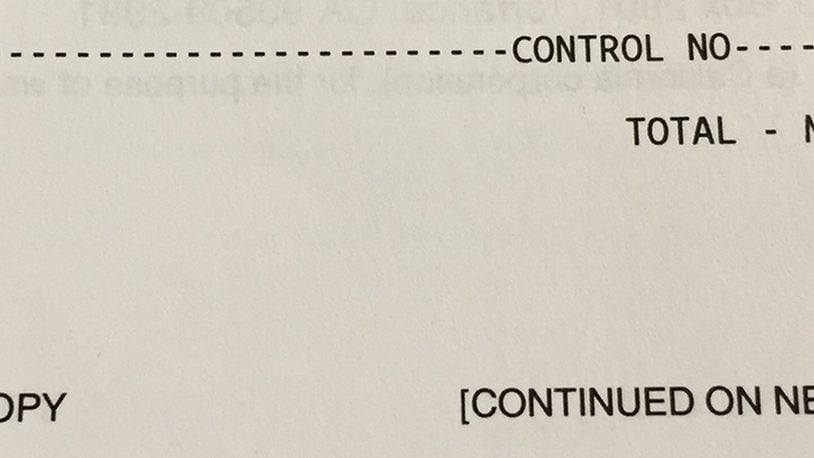My question has to do with plugging in an electric car. I am concerned that if I buy an electric car that my electricity bill will be a lot higher than what I am paying for gasoline with my current vehicle. How much does it cost to recharge an electric car at home?”
Halderman:
Thanks for your question and your concern. The shop supply charge by shops and dealerships is not new but as you said, it does cause some customer complaints. All repair shops use shop supplies that are difficult and almost impossible to account for on each repair so that it is common operating procedure to charge a percentage of the labor to help cover the cost instead of trying to itemize the use of each ounce of brake cleaner or each disposal shop cloth used during the service or repair procedure.
While the shop could simply raise the labor rate to cover these costs, most shops are up front and charge a simple to-use percentage which corresponds to the relative number of consumable products used during the course of the repair.
Regarding the cost to recharge an electric car, it is usually a lot less expensive to charge an electric vehicle compared to paying for gasoline. If electricity costs $0.11 per kWh and the vehicle consumes 34 kWh to travel 100 miles, the cost is about 4 cents per mile. Therefore, charging an EV with 24 kWh will cost about $2.64 to reach a full charge. If the price of gasoline is $2.00 per gallon and the vehicles gets 20 miles per gallon, the cost per mile $0.10 or about double the cost of recharging an electric vehicle.
About the Author
